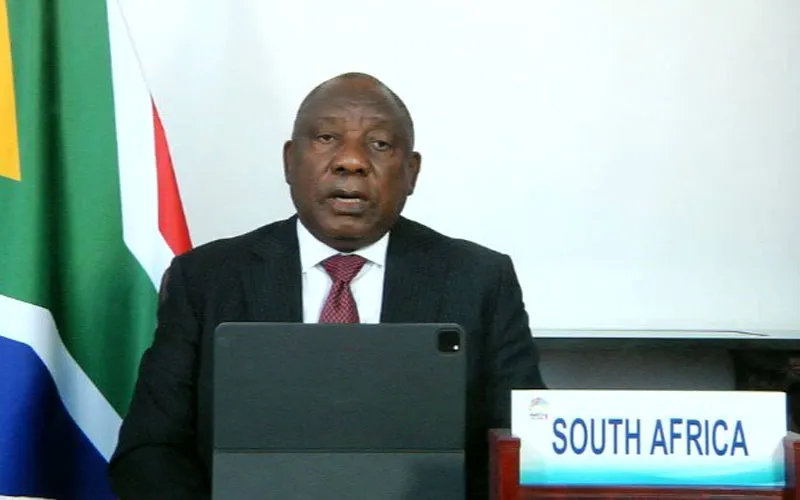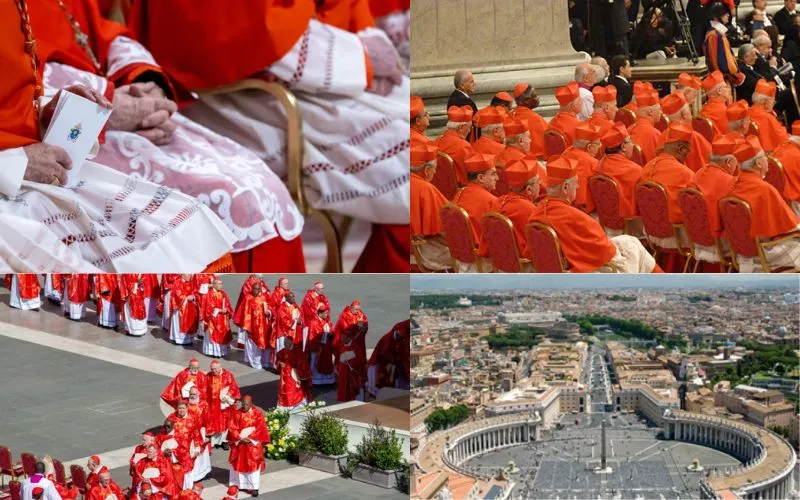In the statement addressed to President Ramaphosa, officials of the CSOs urge the South African President “to set out the critical areas where the G7 must act with urgency to address the mounting global crises as there is a risk that they miss a crucial opportunity to reflect on the impact of the war in Ukraine on the countries and peoples of Africa and the wider global community.”
They say that the failure of the G7 leaders to address the highlighted crises in Africa “will send a signal that double standards and self-interest rule the club of the rich, at a critical time when there is a need to build bridges across international divides” since they have responded to the Ukrainian war.
To address the challenge of food and nutrition in Africa and other continents, the inter-governmental political forum comprising Canada, France, Germany, Italy, Japan, the United Kingdom, and the United States, with the European Union as a “non-enumerated member” need to “plug the gap, by urgently injecting increased funding to prevent malnutrition and save lives in import-dependent and conflict-affected countries”, the representatives of the 41 CSOs say in their statement dated June 23.
They are also asking G7 members to “ensure that places like the Horn of Africa, the Sahel, Afghanistan, Yemen, and Ukraine aren’t fighting for critical humanitarian funding; and put a plan on the table to get supplies of adequate food and nutrition to where millions now need support.”
The CSO leaders say the G7 Leaders’ Meeting “is also a crucial summit for a just climate transition away from fossil fuels, where global solidarity can become the underlying norm of how humanity deals with the consequences of the climate emergency which includes the vulnerable communities on the climate frontlines.”
“In Elmau, the G7 leaders need to commit significant additional funding for addressing climate impacts, including through the Global Shield against Climate Risks proposed by the German G7 presidency,” the representatives of the 41 CSOs that include 24 from Africa say.
They add that the credibility of G7 leaders across the globe “is judged on the clarity with which they stick to the path of fossil-free development or whether they keep backdoors open for more gas and oil.”
“A clear coal exit by 2030 (as the UN SG suggested just last week) by the G7 would provide that credibility. As the historically largest emitters, the G7 countries are responsible for helping those communities deal with climate-induced loss and damage.” the leadership of the CSO’s says.
They also call on the G7 leaders to “act with urgency to deliver the economic and fiscal support that has been promised including making good on their promise to recycle at least $100bn in Special Drawing Rights to support additional financing.”
The representatives of the CSOs want the G7 leader to “tackle the debt crisis, including allowing for emergency relief and liquidity.”








